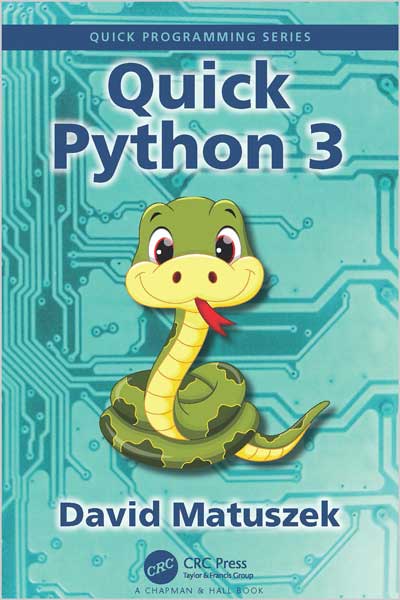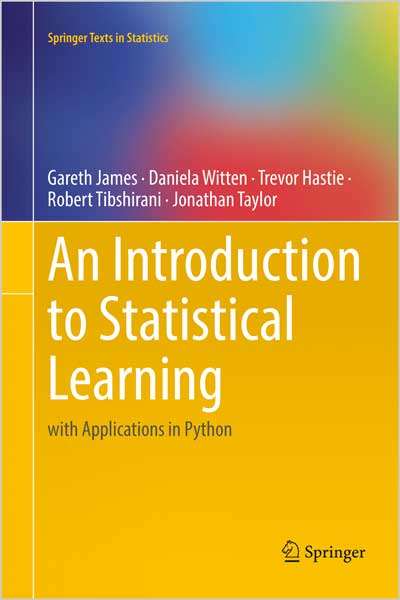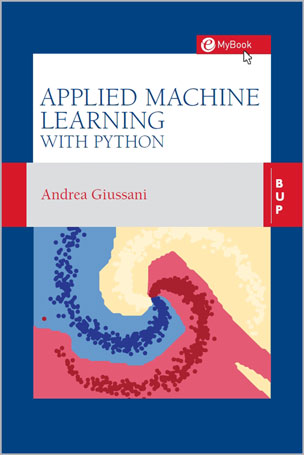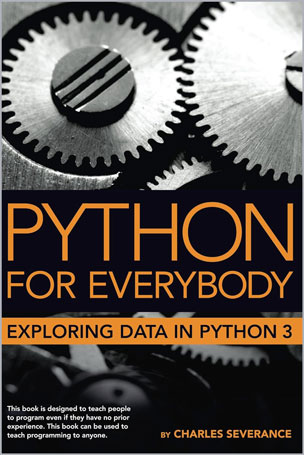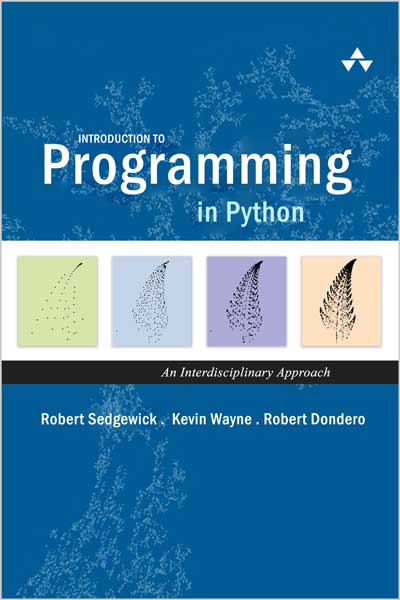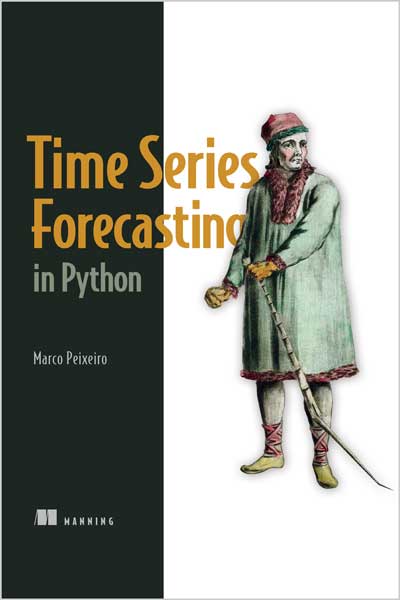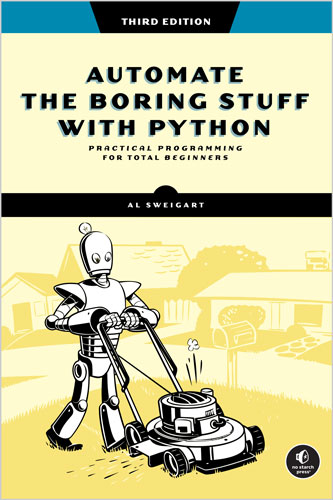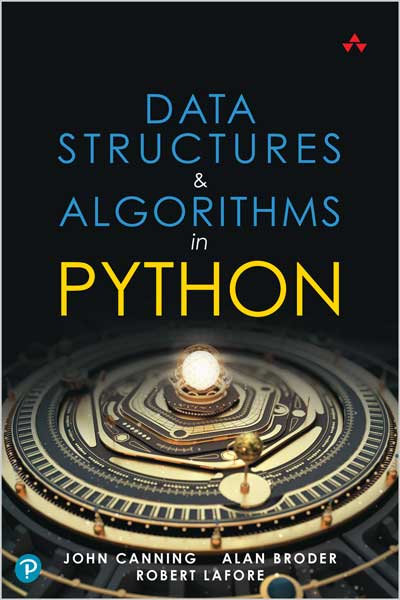Build efficient and lightweight microservices using the Python tooling ecosystem
Simon Fraser, Tarek Ziadé
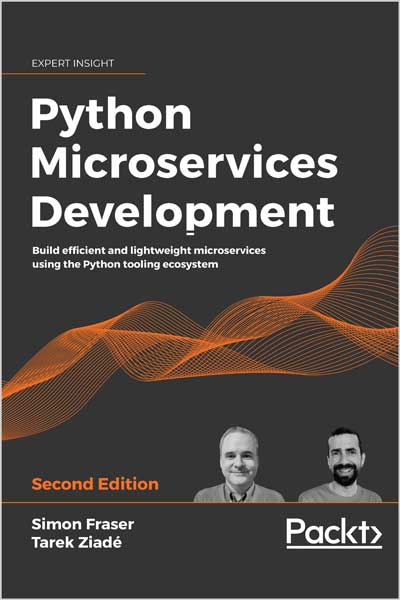
#Python
#Microservices
#SQL
#SQLAlchemy
#API
#AWS
Use Python microservices to craft applications that are built as small standard units using proven best practices and avoiding common errors
Key Features
- Become well versed with the fundamentals of building, designing, testing, and deploying Python microservices
- Identify where a monolithic application can be split, how to secure it, and how to scale it once ready for deployment
- Use the latest framework based on asynchronous programming to write effective microservices with Python
Book Description
The small scope and self-contained nature of microservices make them faster, cleaner, and more scalable than code-heavy monolithic applications. However, building microservices architecture that is efficient as well as lightweight into your applications can be challenging due to the complexity of all the interacting pieces.
Python Microservices Development, Second Edition will teach you how to overcome these issues and craft applications that are built as small standard units using proven best practices and avoiding common pitfalls. Through hands-on examples, this book will help you to build efficient microservices using Quart, SQLAlchemy, and other modern Python tools
In this updated edition, you will learn how to secure connections between services and how to script Nginx using Lua to build web application firewall features such as rate limiting. Python Microservices Development, Second Edition describes how to use containers and AWS to deploy your services. By the end of the book, you’ll have created a complete Python application based on microservices.
What you will learn
- Explore what microservices are and how to design them
- Configure and package your code according to modern best practices
- Identify a component of a larger service that can be turned into a microservice
- Handle more incoming requests, more effectively
- Protect your application with a proxy or firewall
- Use Kubernetes and containers to deploy a microservice
- Make changes to an API provided by a microservice safely and keep things working
- Identify the factors to look for to get started with an unfamiliar cloud provider
Who this book is for
This book is for developers who want to learn how to build, test, scale, and manage Python microservices. Readers will require basic knowledge of the Python programming language, the command line, and HTTP-based application principles. No prior experience of writing microservices in Python is assumed.
Table of Contents
- Understanding Microservices
- Discovering Quart
- Coding, Testing, and Documenting: the Virtuous Cycle
- Designing Jeeves
- Splitting the Monolith
- Interacting with Other Services
- Securing Your Services
- Making a Dashboard
- Packaging and Running Python
- Deploying on AWS
- What's Next?
About the Author
Simon Fraser works as a Lead Site Reliability Engineer at Cisco Meraki. Previously, he worked at Mozilla as a Senior Release Engineer and Systems Administrator in a high-performance computing environment, which is where he started using Python to automate systems administration tasks. He has more than 20 years of experience in writing software tools, automating and deploying large-scale systems, and using data to drive the flow of work.
Tarek Ziadé is a Software Engineer, located in Burgundy, France. He works at Elastic, building tools for developers. Before Elastic, he worked at Mozilla for 10 years. Tarek founded a French Python User group called Afpy. He has written several articles on the Python programming language for various magazines and also a few books in French and English.
